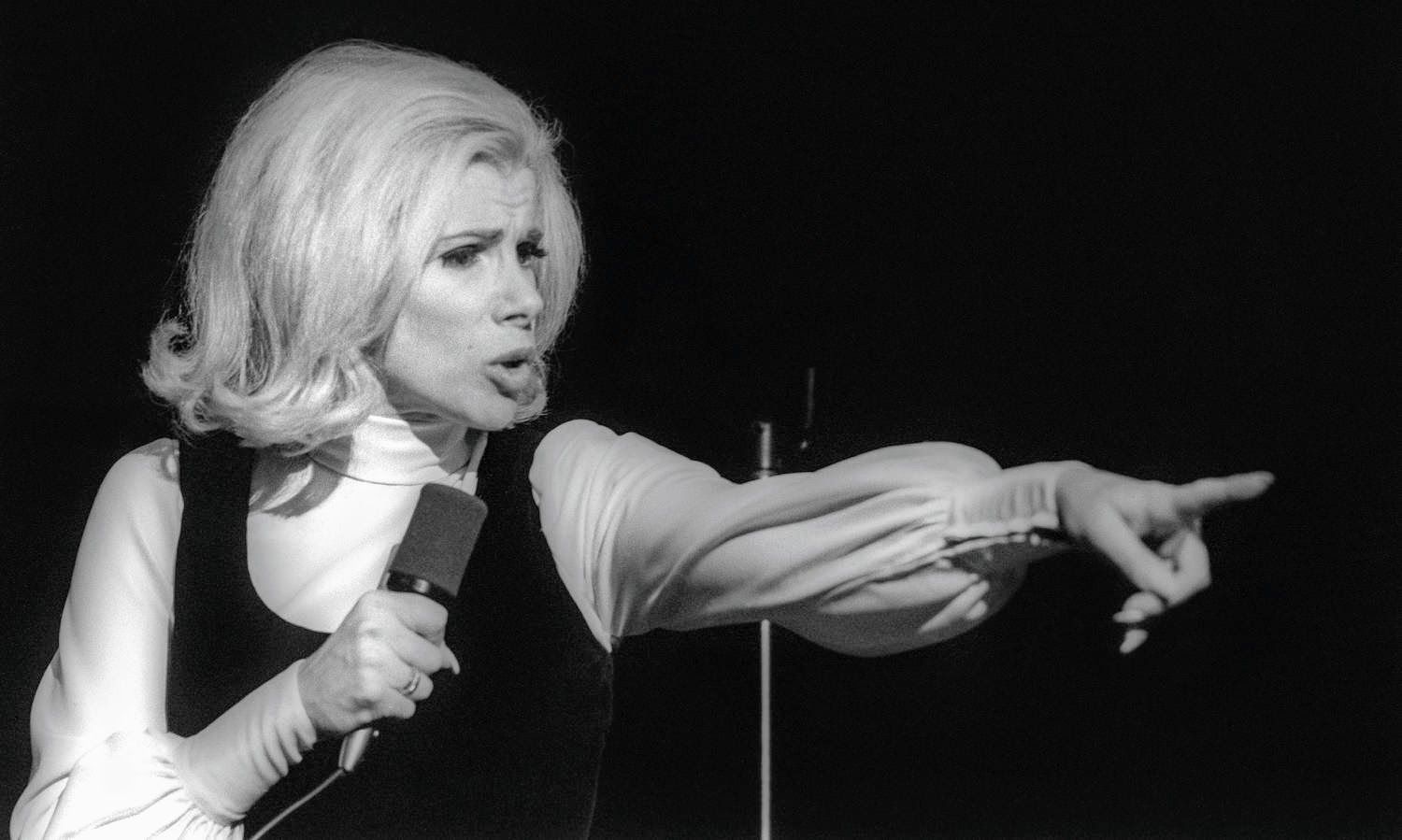When it comes to Hollywood, Jews can hardly claim status as an underrepresented minority.
While there are memorable examples of Jewish actors playing Jewish characters — think Paul Newman as Ari Ben Canaan and Barbra Streisand as Fanny Brice — there are also many examples of famous Jewish characters being portrayed by those outside of the tribe. Mrs. Maisel? Rachel Brosnahan is not Jewish. Beverly Goldberg? Wendi McLendon-Covey was raised Baptist. Looking at a recent ranking of the top ten Jewish characters of TV (from the perspective of a high schooler), eight of the actors are Jewish, while Sandra Oh and Courtney Cox are not.
Why does any of this matter? Last week, comedian Sarah Silverman said on her podcast:
There’s this long tradition of non-Jews playing Jews, and not just playing people who happen to be Jewish but people whose Jewishness is their whole being. One could argue, for instance, that a Gentile playing Joan Rivers correctly would be doing what is actually called “Jewface.”
Oy. Leaving aside the untenable term “Jewface” and the ugly minstrel tradition it dredges up — should we care that Kathryn Hahn, a brilliant non-Jewish actress, will take on the role of the very Jewish Joan Rivers? I do not.
Jews have long benefitted from the ability to play both Jewish and non-Jewish characters. The very Italian Sonny Corleone was played by James Caan. Mayim Bialik's Blossom Russo wasn't Jewish, though she pretended to be for a social studies assignment in one episode. If we were ascribing the religion of the actor to that of the character, you could assemble a super minyan out of Iron Man, Black Widow, Ant Man, The Fly (1986), one Spider-man, Wonder Woman, Pepper Potts, Harry Potter and Queen Amidala.
There are arguments to be made that when a disadvantaged group — such as the disabled — can only play certain roles, preference should be given to actors from that group. An actor confined to a wheelchair cannot play a role that requires walking. Marlee Matlin, an Oscar-winning Jewish actress, would be limited in her ability to play hearing characters, so one could see why casting directors would choose to cast her or other deaf actors as deaf characters.
But Jewish actors can — and do — successfully play non-Jewish characters all the time. The very notion of acting involves inhabiting another being, whether real or fictional.
When Jewish characters appear on TV or in movies, our community should demand that they be well drawn. Jews onscreen should represent the breadth and depth of Jewish experiences off screen — not just fill in tired tropes like the Jewish American Princess, usurer or pushy mother.
But should we demand that these roles be filled by Jewish actors only? Of course not. There is no one way to look Jewish, to be Jewish, to feel Jewish, to act Jewish.
To Kathryn Hahn, I can only say mazel tov, good luck and remember the immortal words of Joan Rivers:
Put me up against Sarah Silverman and I could take her.

Comments
Sign in or become a Nu?Detroit member to join the conversation.
Just enter your email below to get a log in link.